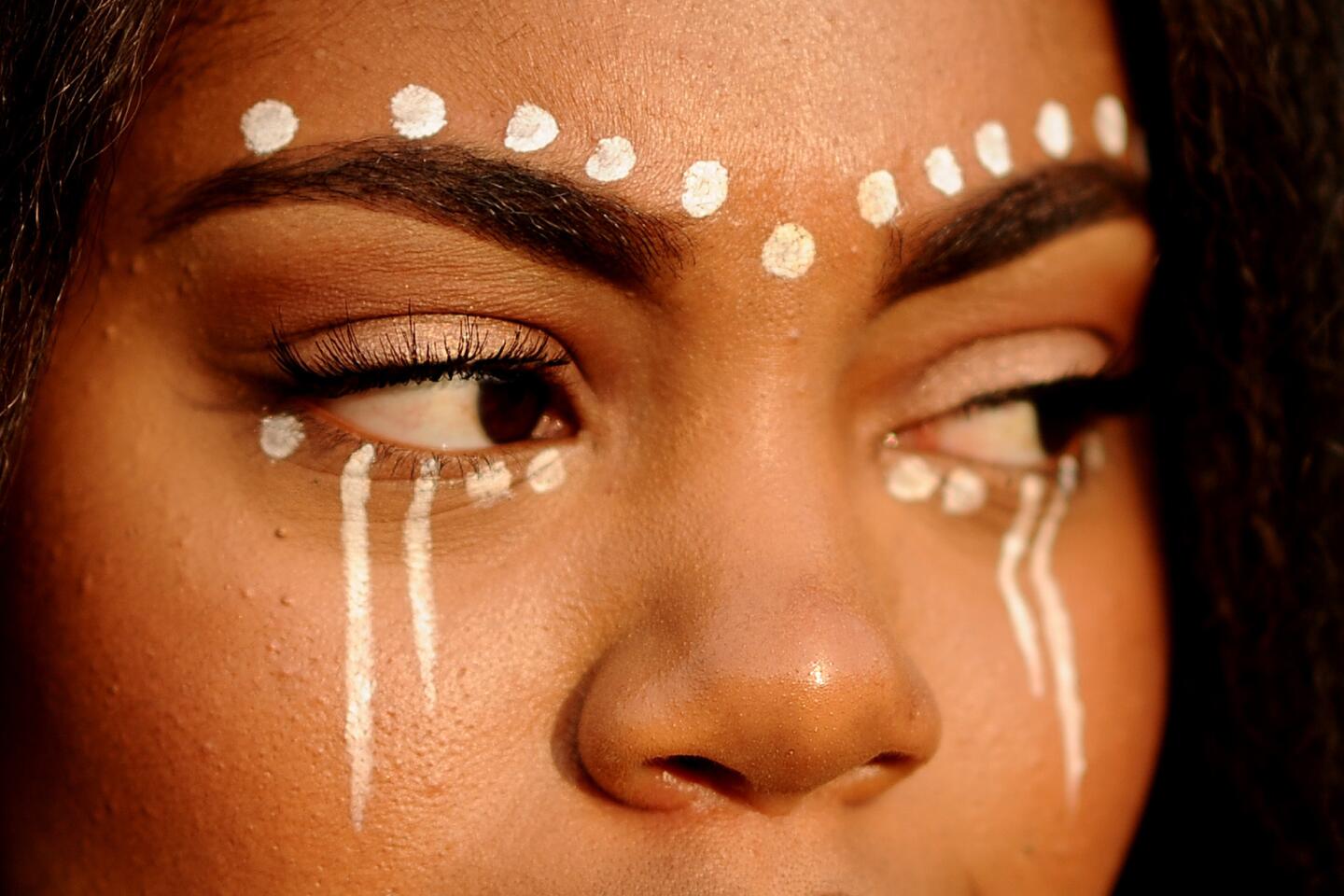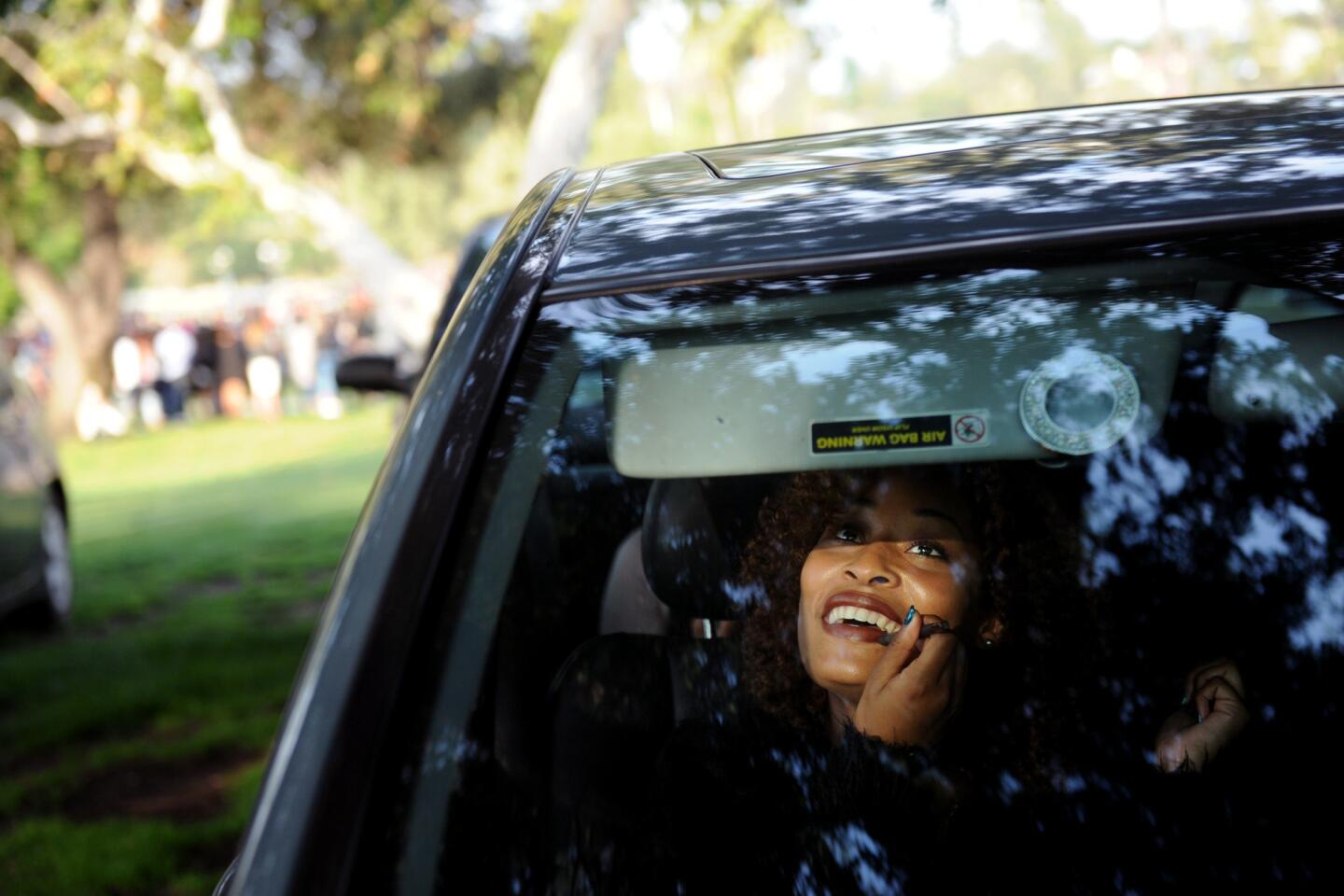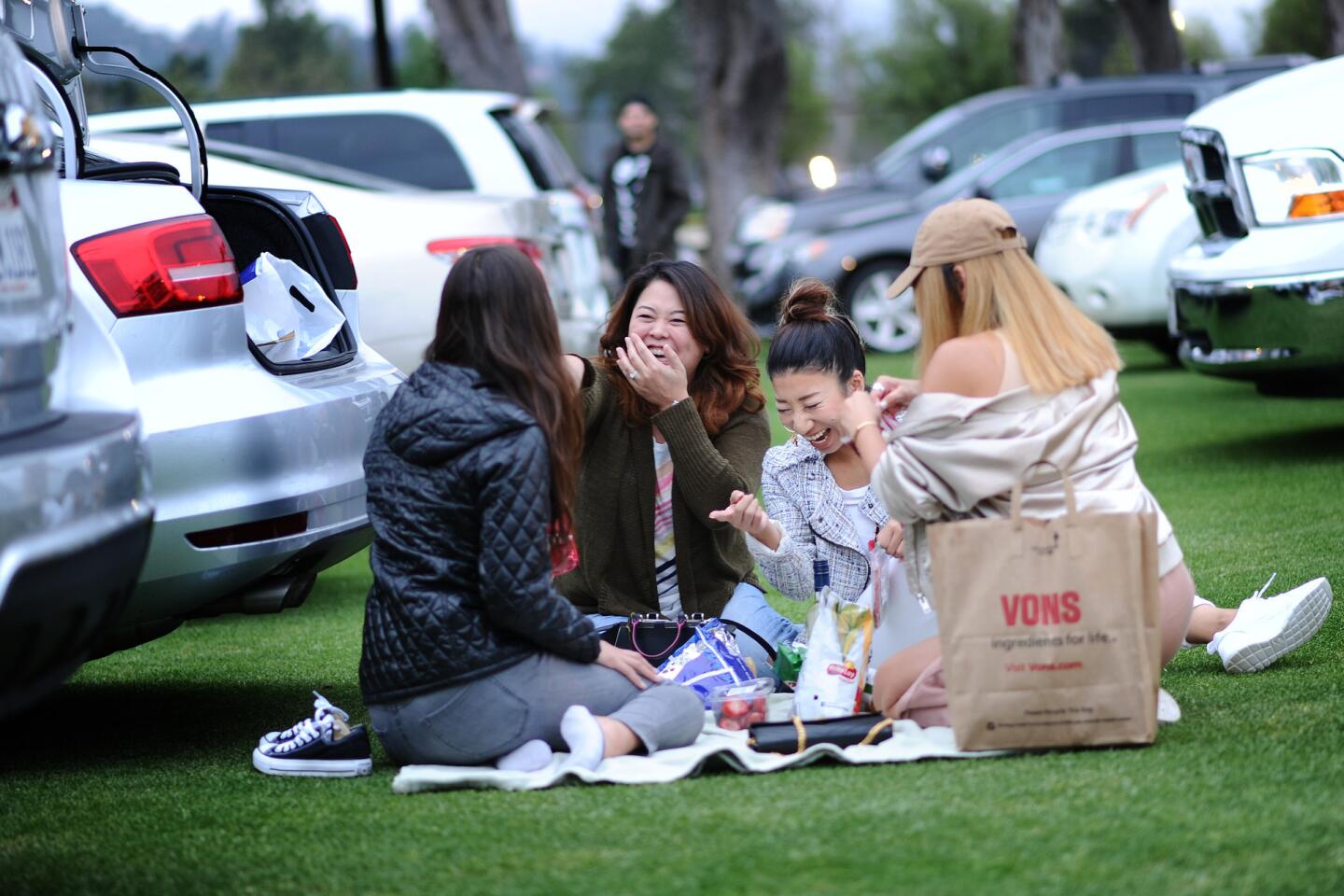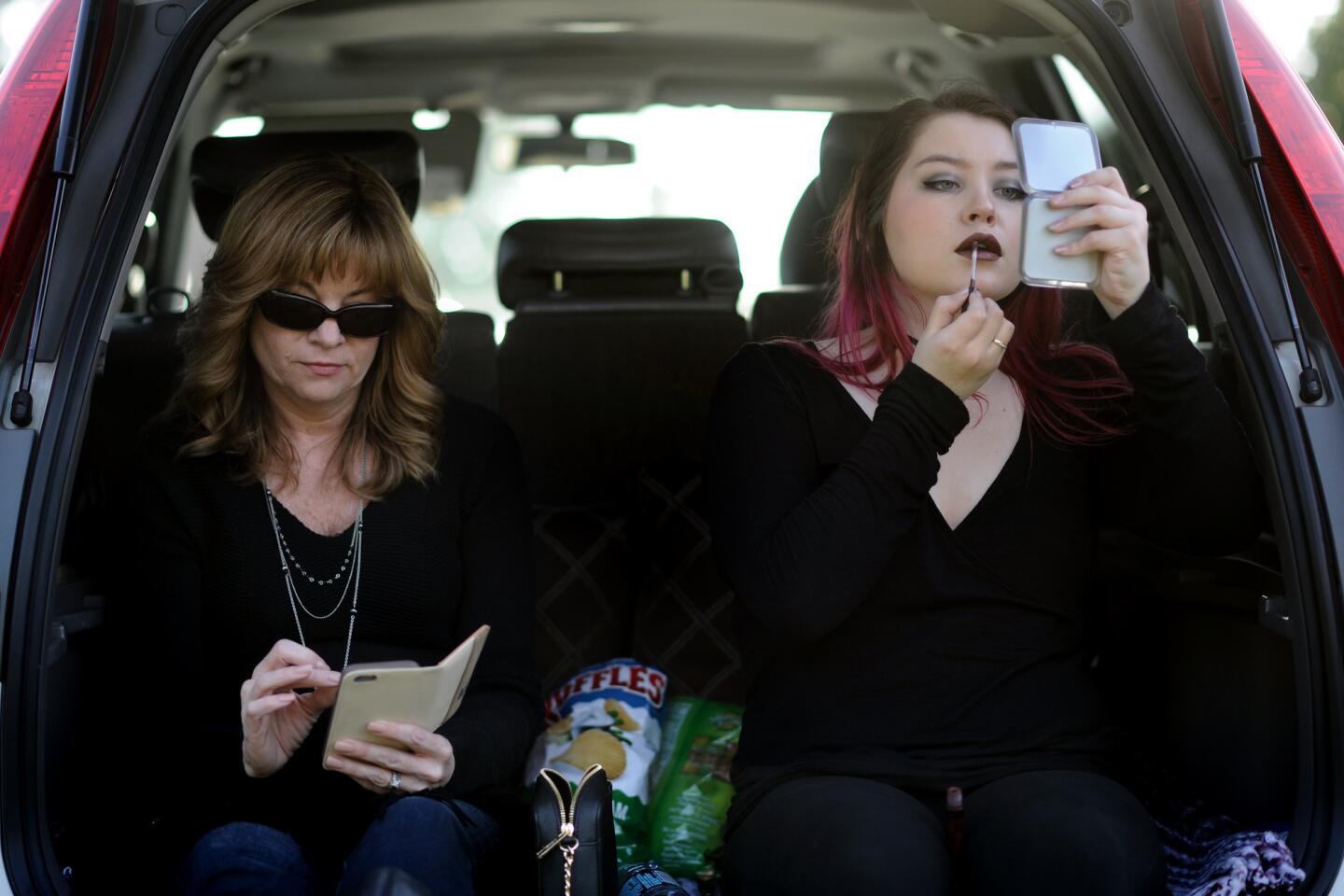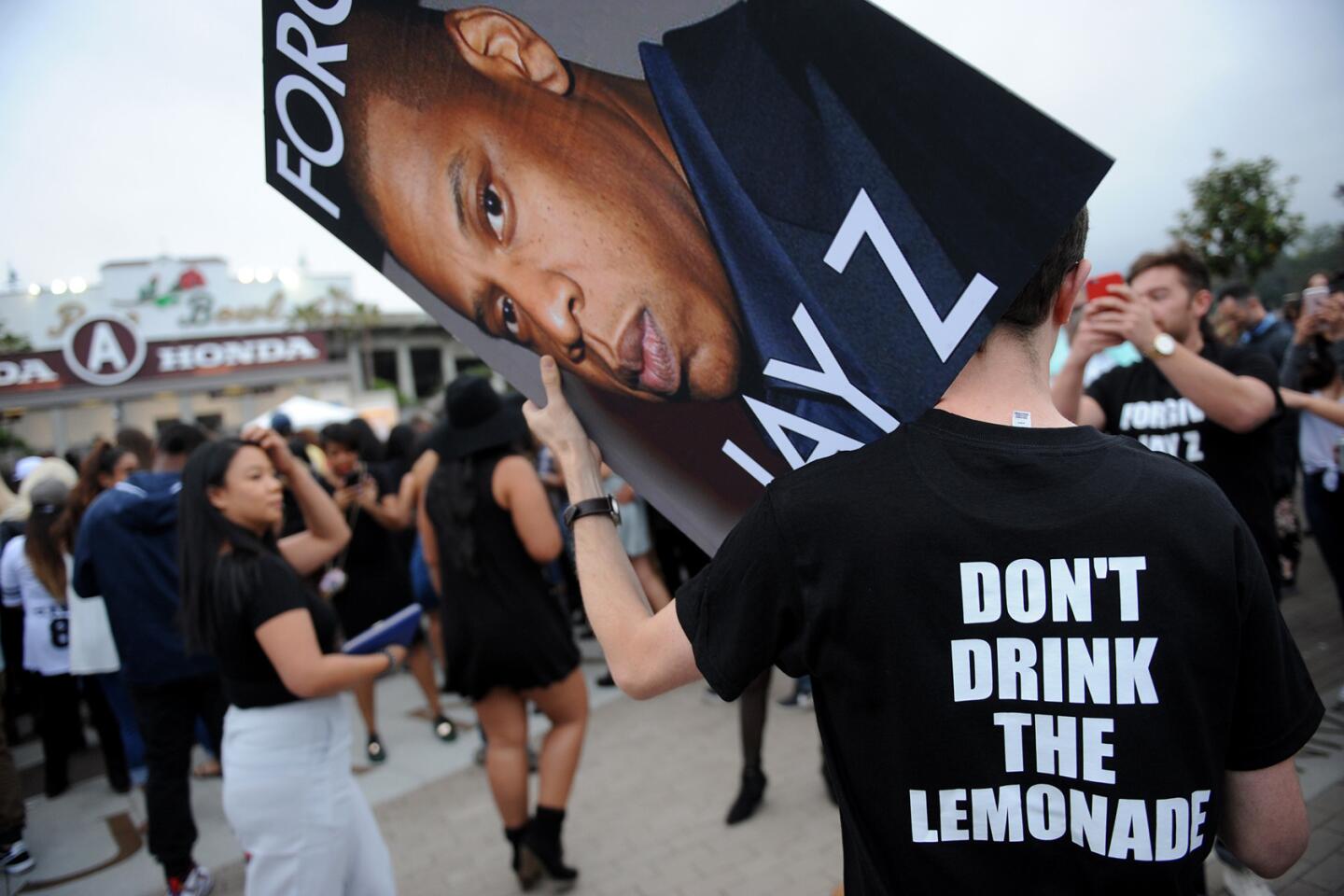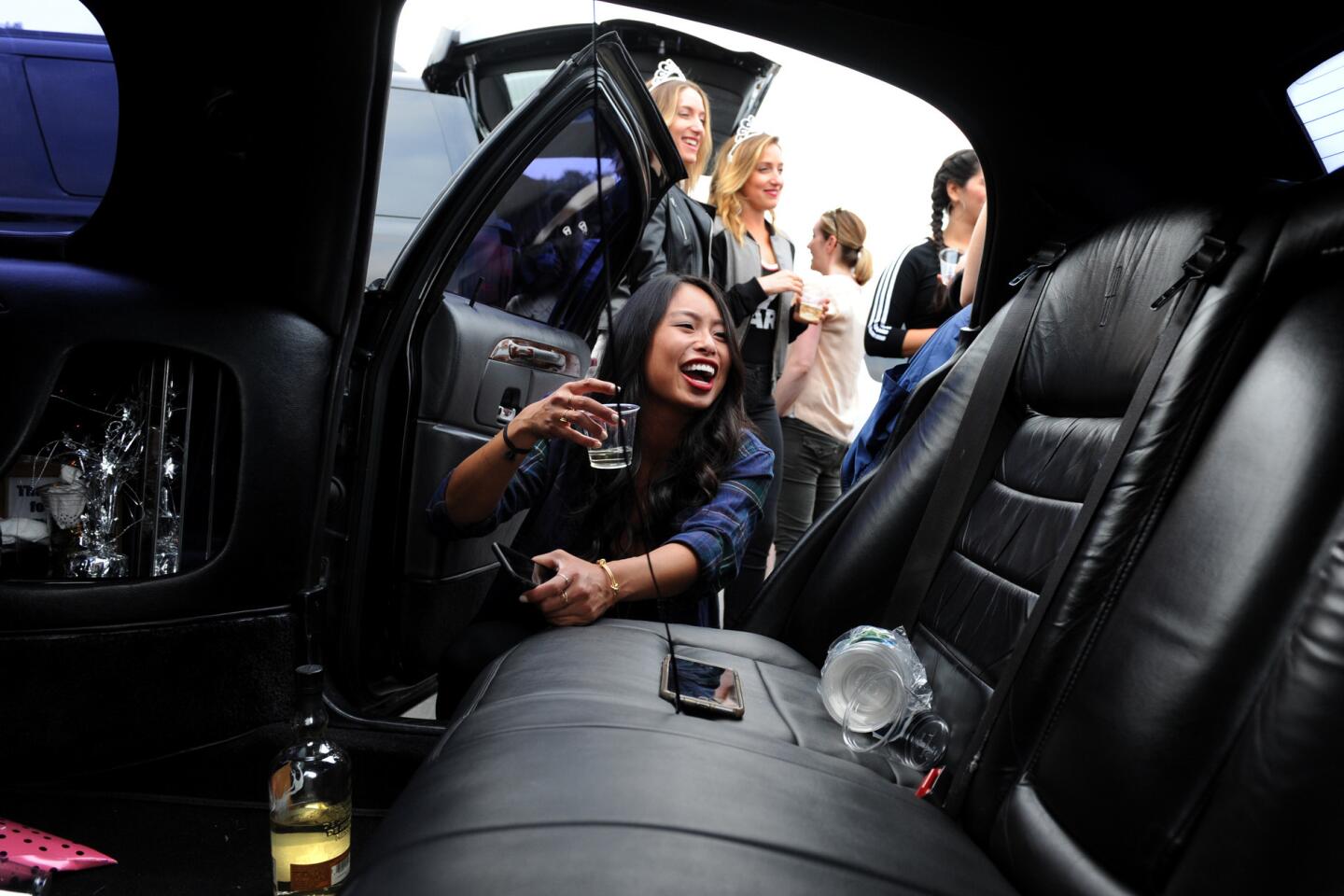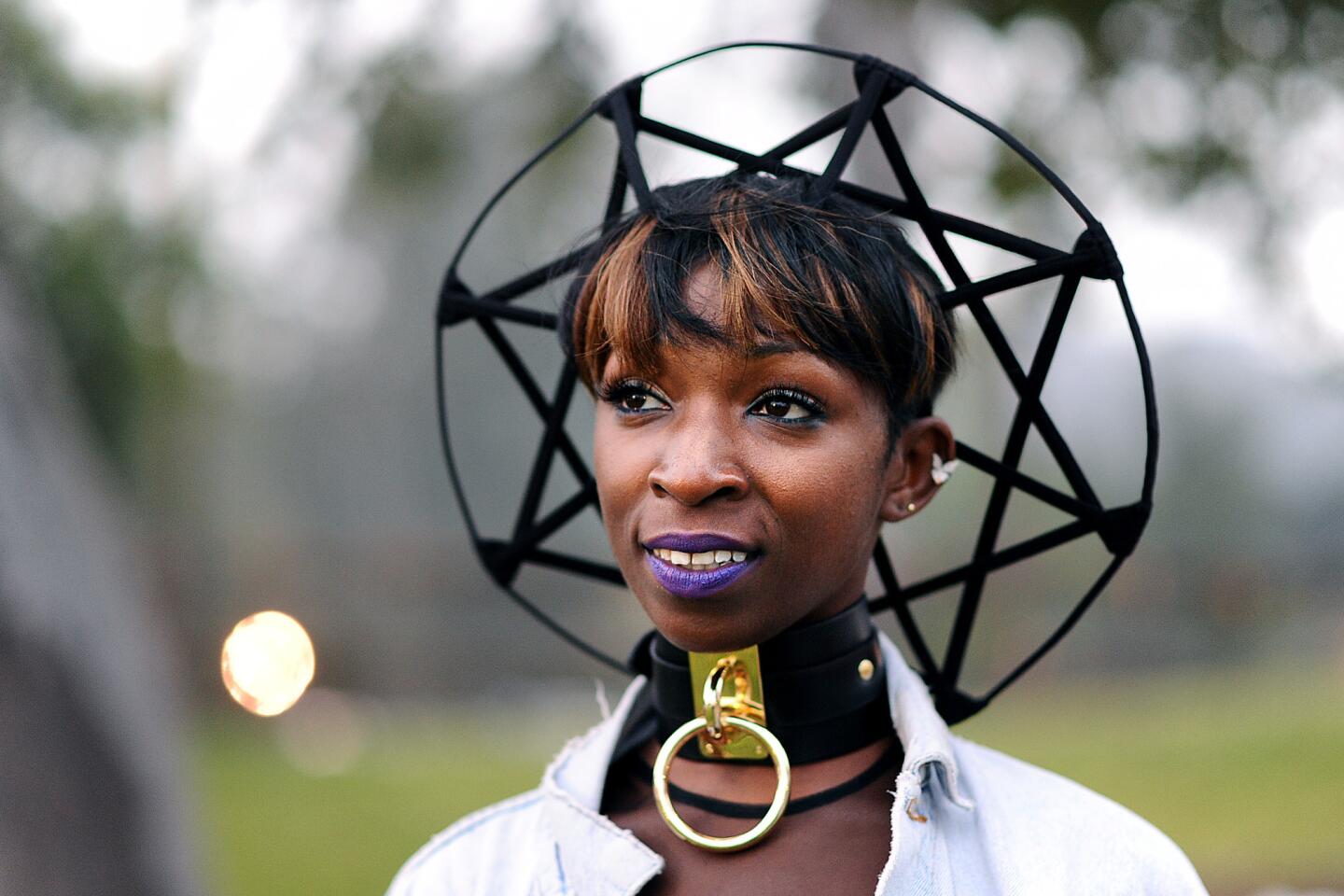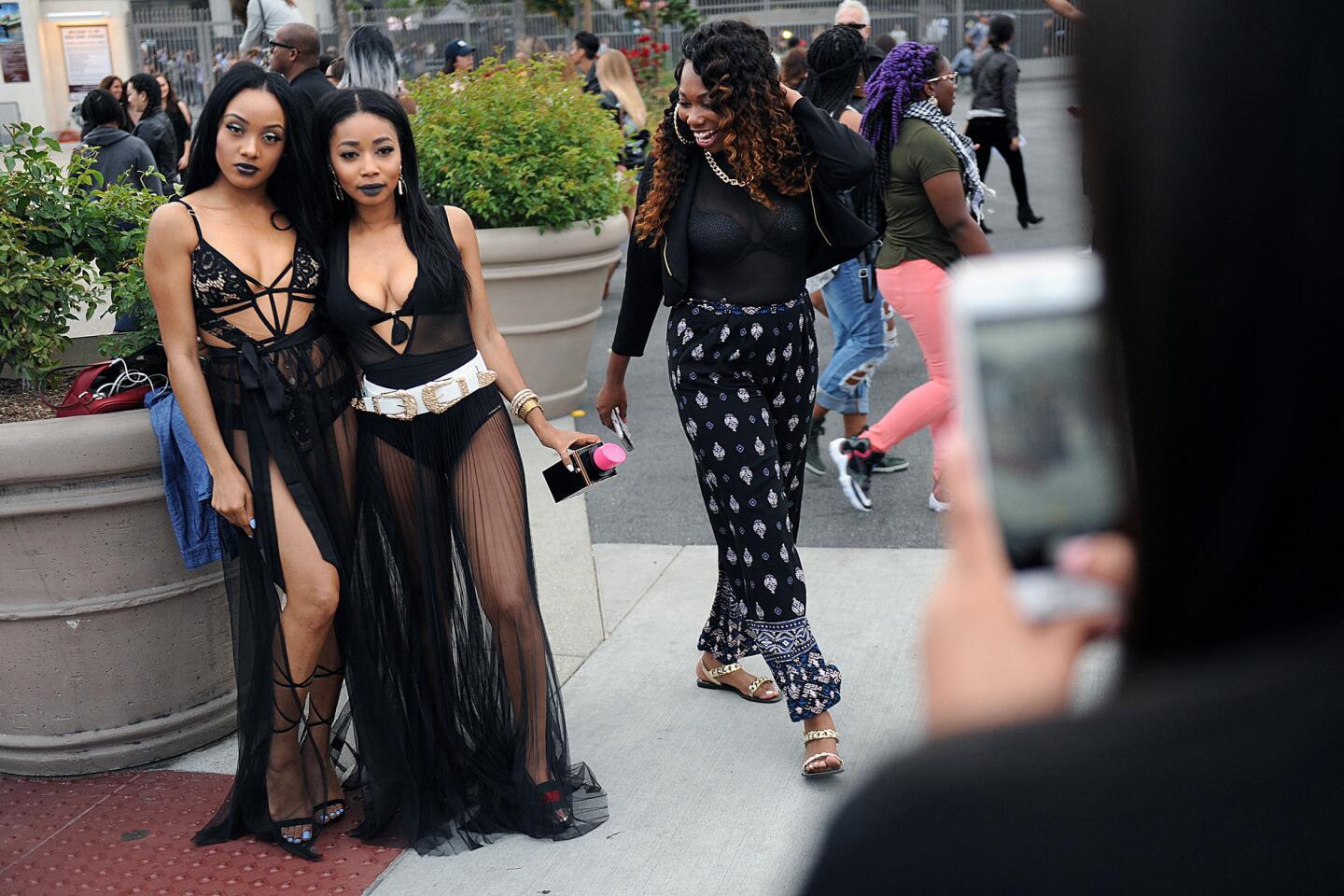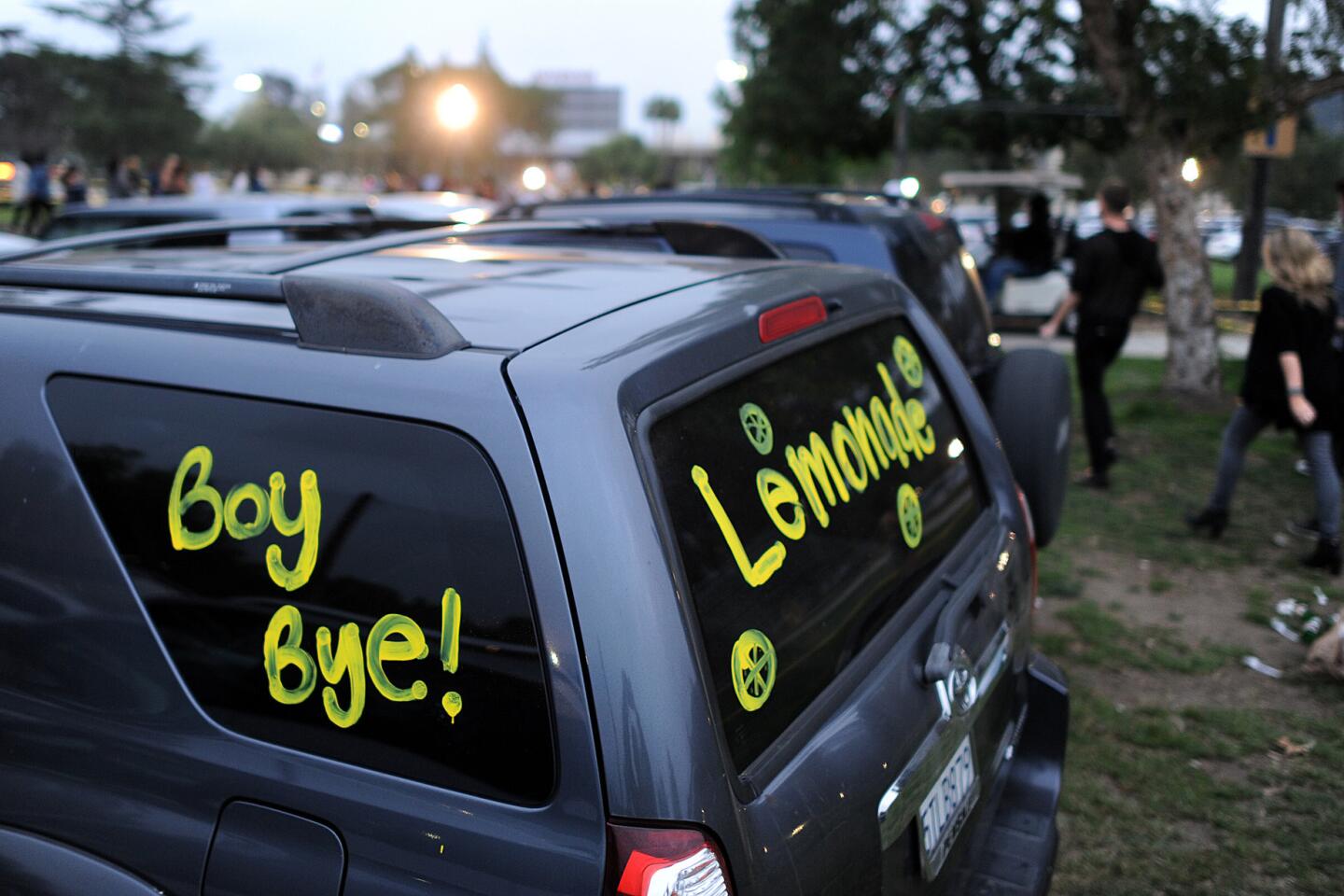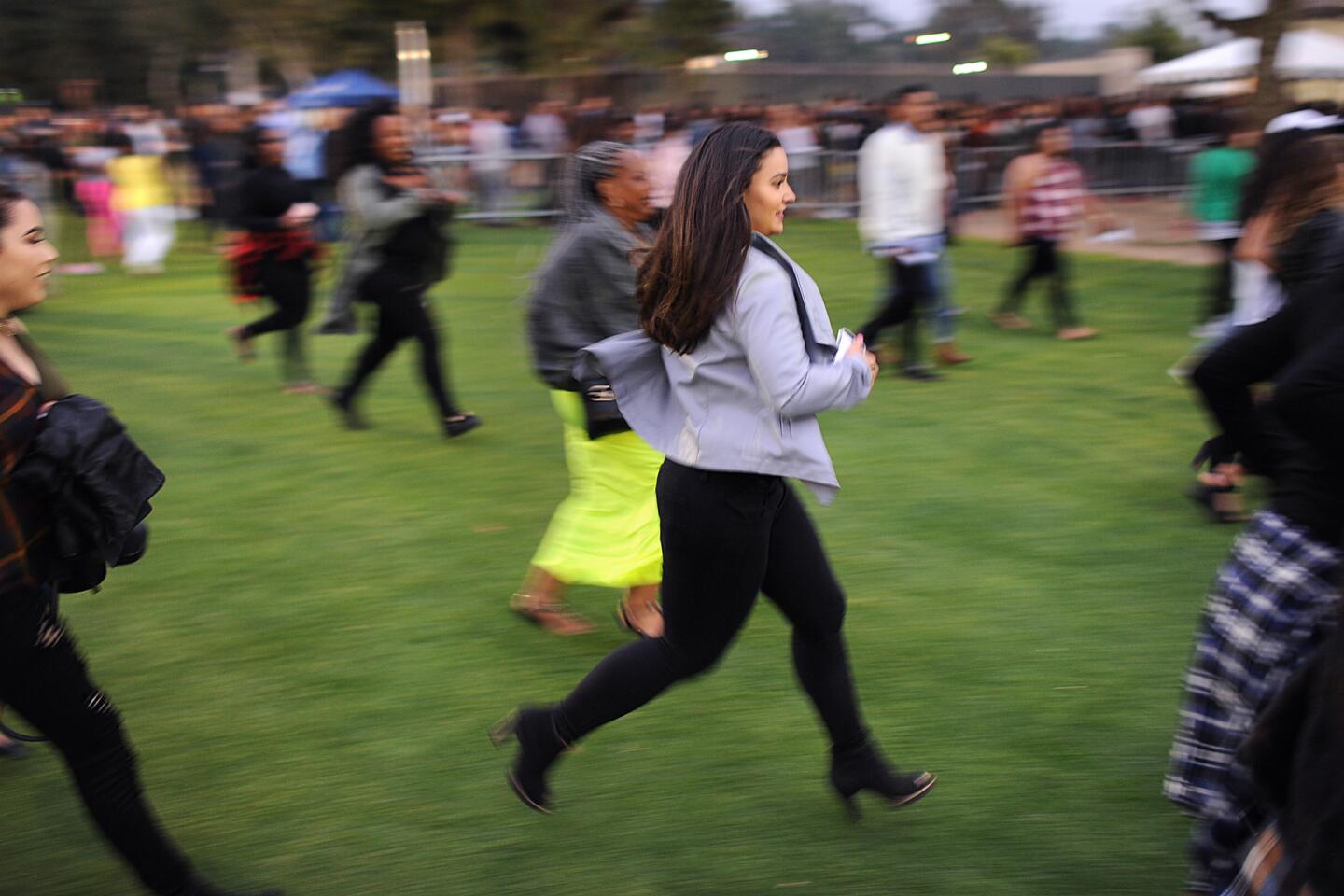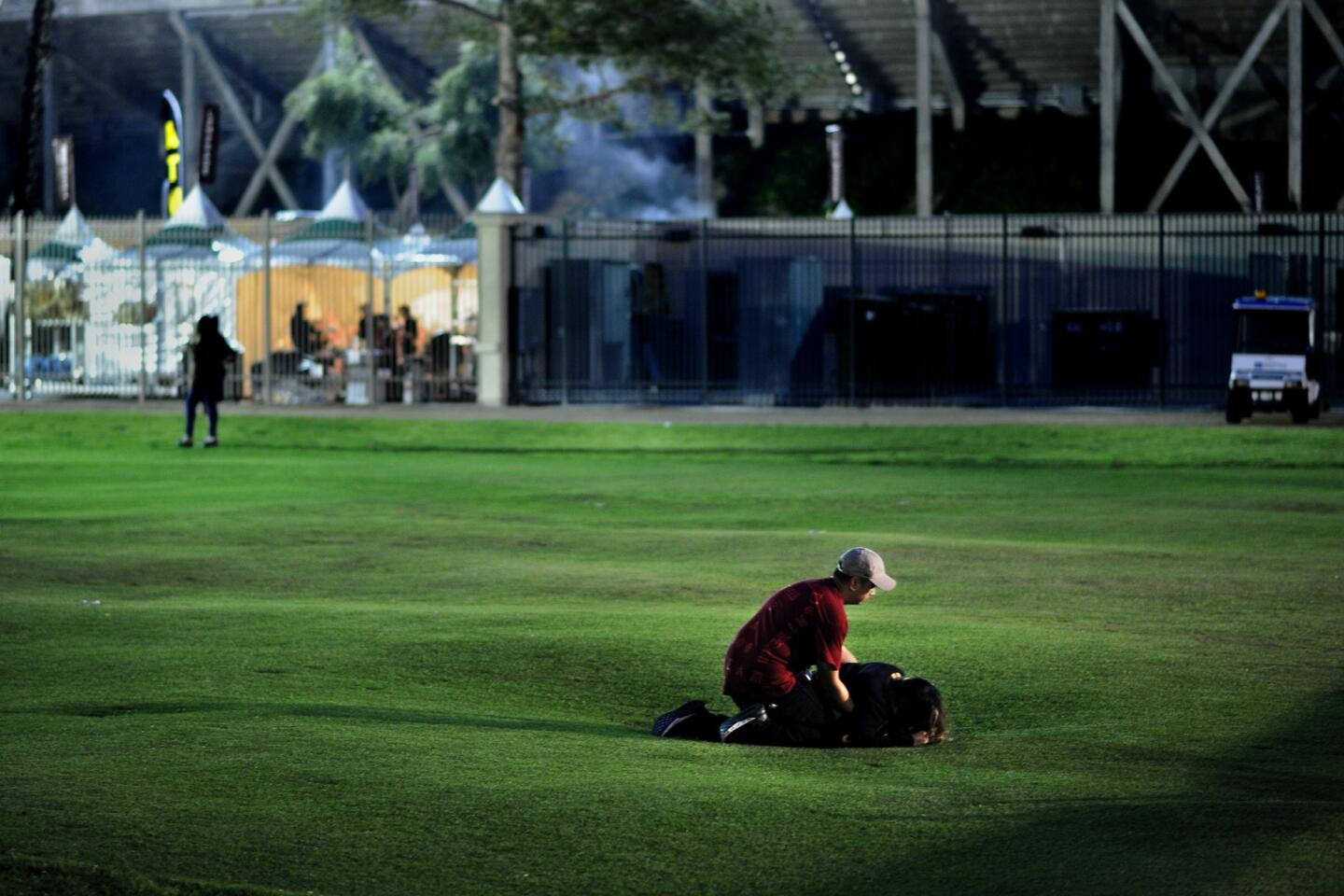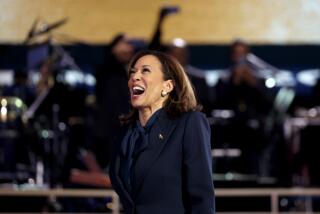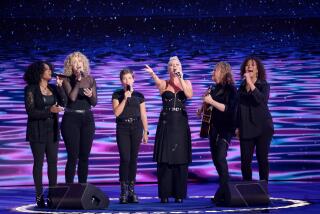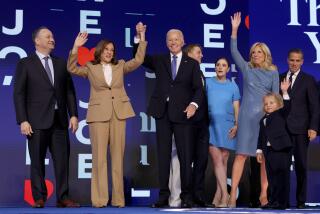Beyoncé takes over the Rose Bowl: Five thoughts on Saturday’s show
“If y’all came to slay tonight, say, ‘I slay.’”
That’s how Beyoncé greeted tens of thousands of fans gathered Saturday at the Rose Bowl, where she brought her Formation World Tour for an evening of high-level show business and communal self-empowerment.
And her super-enthused followers definitely came to slay — though not nearly as hard as the pop superstar did herself in a two-hour concert that somehow made work look like a dream.
We’ll have a full review later, but for now here are five quick thoughts on the show.
1. Beyoncé sang plenty of old hits, including “Diva,” “Ring the Alarm” and a couple of throwbacks to her days with Destiny’s Child. But in an inversion of pop-concert custom, this crowd seemed most excited to hear brand-new stuff, in this case from “Lemonade,” the stunningly personal album the singer released just last month. At one point she was doing a perfectly lively rendition of “Baby Boy” to the loving cheers that serve as a baseline at a Beyoncé concert. Then she segued into “Hold Up,” and the place went crazy.
2. Beyoncé paid tribute to the late Prince with a moving rendition of “The Beautiful Ones,” which she followed by playing two or three minutes of “Purple Rain” over the sound system as an enormous video screen bathed the stadium in purple light. That wasn’t the only nod to her influences, though. All night, she dropped bits of other artists’ music into her songs, as when “Blow” briefly morphed into Vanity 6’s “Nasty Girl” and “Rocket” turned for a moment into “Untitled (How Does It Feel),” the slinky D’Angelo slow jam it clearly resembles.
And other songs wore their dusty samples proudly: “Naughty Girl,” for instance, with “Love to Love You Baby,” or “Bootylicious” with “Edge of Seventeen.” The display felt like a show of assurance from Beyoncé, as though she knew nothing could make us think about anyone else for very long.
3. Another indication of her confidence: the bold alterations she made to familiar material such as “Crazy in Love,” which started out as a grinding goth-rock number, and “Feeling Myself,” her and Nicki Minaj’s creeping 2014 collaboration. In the latter, Beyoncé tweaked her verse about changing the game “with that digital drop” (in reference to her surprise-release 2013 album) to be about the way she changed the game “with that ‘Lemonade’ drop.”
4. With pyrotechnics, elaborate video sequences and set pieces like the one that accompanied “Partition” — in which the singer and her dancers kept disappearing behind several revolving mirrors — Beyoncé’s show could make you forget at times about the relatively humble act of singing. At least until Beyoncé herself reminded you, as she did in a strong, churchy take on “Me, Myself and I” and a gorgeous “1+1,” which she introduced as one of her favorite songs to sing every night. She also did a few bars of “Love on Top” a cappella, including the tricky key changes that push the tune into a kind of wistful delirium.
5. Beyoncé’s brand is all about her queenly domination, a quality that pervades “Lemonade” even though the first half of the album details a husband’s betrayal. Yet part of what makes the singer so appealing — and so persuasive — is the friendliness with which she exerts her power, something you could see at the Rose Bowl every time she’d strike a fierce scowl, then break into a wide, 10,000-watt grin.
This wasn’t respectability politics, either; she wasn’t looking for a way to soft-sell her increasingly pronounced message of black feminism. Rather, the smile appeared to reflect a sense of moral certainty.
Why wouldn’t I be happy? Beyoncé seemed to be asking. I’m right.
Twitter: @mikaelwood
-----------------------------------
Hey, L.A., what does “black girl magic” mean to you? Beyoncé’s “Lemonade” got us talking about black girl magic. There’s been a lot of social chatter on the subject, but what do the women of L.A. have to say about slaying all day? #SlayLA

Lemonade has got everyone talking about #blackgirlmagic. There have been a lot of cultural critiques and essays. But what do the women of LA have to say about it? We want to hear from you!
MORE:
Beyoncé’s superpower: Keeping us guessing as she takes charge of her narrative
Bigger than a breakup: Beyoncé and Radiohead conflate the personal and the political
Beyoncé has long found strength in secrecy and silence
More to Read
The biggest entertainment stories
Get our big stories about Hollywood, film, television, music, arts, culture and more right in your inbox as soon as they publish.
You may occasionally receive promotional content from the Los Angeles Times.
